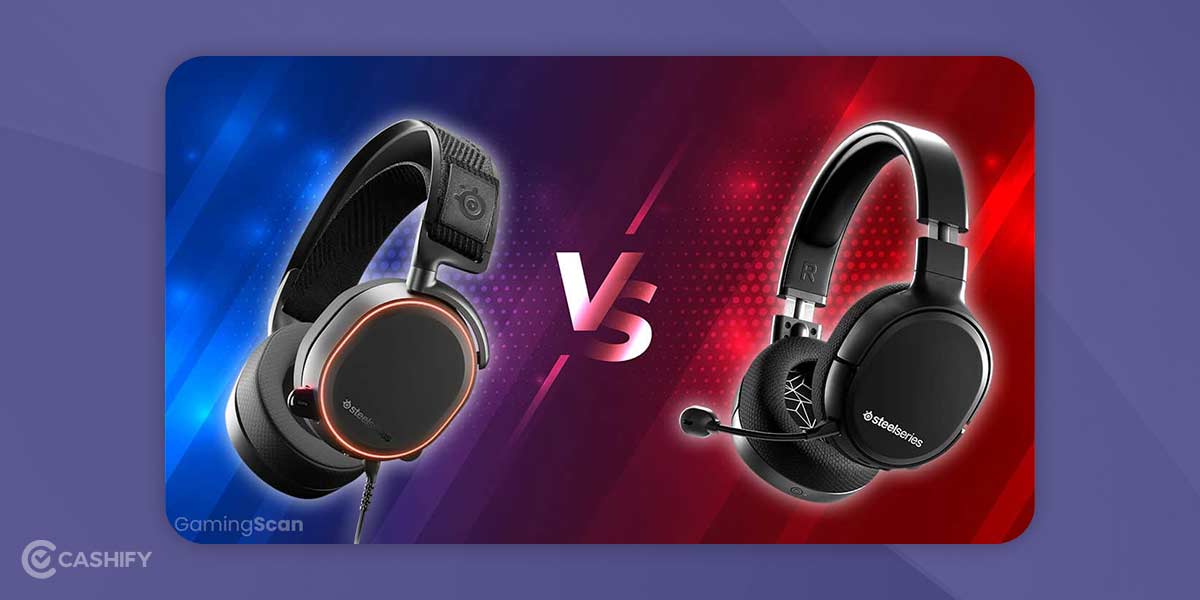Electronic Item
Wireless headphones or Bluetooth headphones
Wireless headphones have grown in popularity in the area of modern audio technology due to their convenience and lack of tangled connections. Bluetooth headphones and regular wireless headphones are two popular varieties. Even though they both offer a wire-free listening experience, they have key differences that are crucial to know while choosing.
Wireless Bluetooth:
Bluetooth is a wireless communication technology that is used by Bluetooth headphones. Bluetooth technology makes data transmission across short distances possible between gadgets like headphones, PCs, tablets, and smartphones. Following are some essentials about Bluetooth headphones:
Technology:
Wireless Bluetooth Headphones transfer audio signals wirelessly across short distances, typically up to 30 feet (10 metres), using radio frequency. Users can now listen to music without being physically connected to their audio source thanks to this.
Connectivity:
You need a device (such as a smartphone) with built-in Bluetooth capabilities or an external Bluetooth adapter in order to utilise Wireless Bluetooth. After a one-time setup, the headphones and device are paired, and they will connect automatically when they are near one other.
Battery life:
Bluetooth headphones have rechargeable batteries that are incorporated right into them. Depending on the type and usage, battery life varies, but most Wireless bluetooth headset provide many hours of playback time on a single charge.
Compatibility:
The use of Wireless Bluetooth technology is widespread across many different brands and devices. However, compatibility and performance may vary depending on the Wireless Bluetooth version (for example, Bluetooth 4.0 or 5.0).
Wireless Headphones:
On the other hand, a broader category that includes technologies other than Bluetooth is referred to as wireless headphones. These headphones transmit audio signals wirelessly using a variety of wireless technologies, including radio frequency (RF) and infrared (IR). What you need to know about typical wireless headphones is as follows:
Technology:
Wireless headphones deliver audio signals via RF and IR, among other wireless technologies.
When using radio frequency headphones, you plug a transmitter into the audio source, and it uses radio waves to send signals to the JBL headphones.
Connectivity:
A base station or transmitter that must be connected to the audio source is frequently included with wireless headphones. The user is free to roam around within a given range because the headphones can wirelessly connect with this base station.
Battery Life:
Wireless headphones contain built-in batteries that provide power, much like Bluetooth headphones do. Depending on the headphone model and usage, the battery life varies, but a full charge usually lasts for several hours of listening.
Compatibility:
Wireless headphones may only work with devices that support the specific wireless technology since they may need particular transmitters or base stations for communication.
Understand the Key Differences Between Wireless Bluetooth and Wireless Headphones
Range:
While wireless headphones, depending on the technology utilised, can offer a longer range, Bluetooth headphones typically only have a range of up to 30 feet.
Compatibility and Connectivity:
As a result of the extensive use of Wireless Bluetooth technology, Bluetooth headphones are more widely compatible. Wireless headphones may need particular base stations or transmitters, which limits their compatibility with a wider variety of gadgets.
Interference:
Bluetooth headphones may encounter interference from nearby Wi-Fi networks or other Bluetooth devices. Other devices using related frequencies could interfere with wireless headphones using other methods.
Audio Quality:
The audio quality of wireless headphones that use Bluetooth and other wireless technologies varies. Compared to Wireless Bluetooth, certain wireless technologies might provide superior fidelity.
Final Thoughts
Both Wireless Bluetooth and standard wireless headphones offer the ease of being cordless, but they have different technology, compatibility ranges, and audio quality. The best option will rely on your tastes, the intended use, and device compatibility. You may make an informed decision and select the headphones that best suit your needs and lifestyle by being aware of these distinctions.


